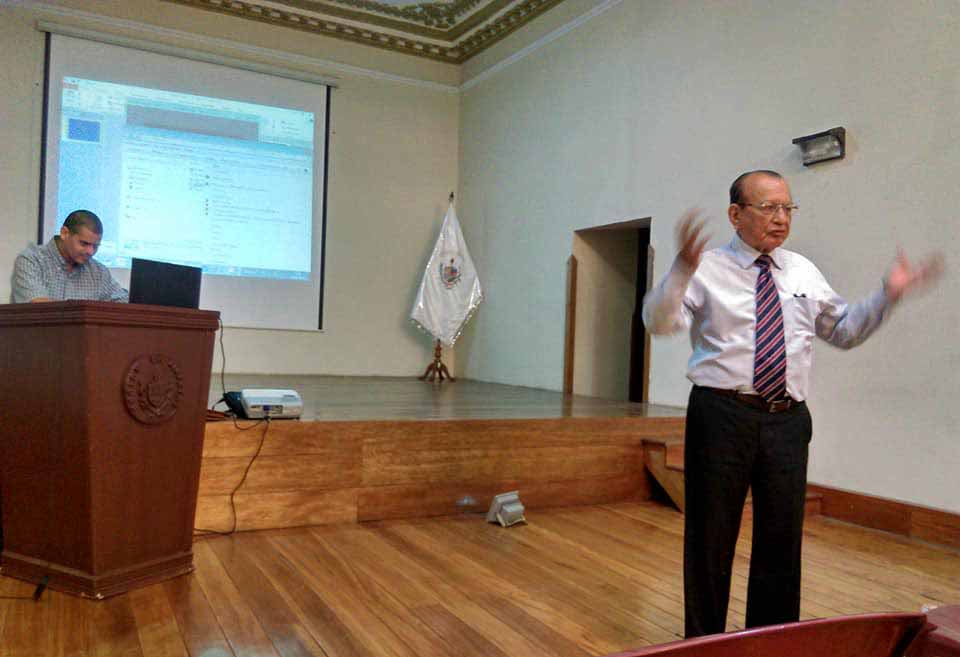Nearly 50 people gathered at the first gathering hosted by the Trujilloko Euskal Etxea. The event included three brief talks about the Basque presence in the American and Peruvian environment, which served to define the context in which this new club emerges. Its promotors stressed the attendance and the interest the event generated, judging by the number of questions from the audience. Full of enthusiasm and excitement, the Trujilloko Euskal Etxea is now pondering its next steps.
Trujillo, Peru. The Trujilloko Euskal Etxea, a new club whose full name is the Basque Peruvian Cultural Center of Trujillo, held its first public event on February 16th at the Regional Identity Center in the northern Peruvian city.
Following the program already published by EuskalKultura.com the event included three brief talks that provided the historical American, Peruvian and local context of the Baque presence, to situate the creation of the new Basque entity.
Leonel Berrocal, recently elected president, talked about “The Basques and the Independence of Trujillo,” from a different point of view that caught the attention of the audience.
Augusto Salcedo talked about “The Basques in Talambo,” a lesser-known controversial topic that refers to the latest “migration,” of Basques to Peru that gave rise to Spain’s last attempt to reconquer Peru.
Finally, Wilfredo Lizarzaburu, club vice-president, talked about “The Basque Presence in the History of America,” highlighting the participation of “Creole” Basques in the emancipatory movement and the construction of the new countries as a central theme and their qualities and its libertarian spirit as a framework.
Organizers were very satisfied with the number of people attending “nearly 50, which given the lack of knowledge that exists here in general about the Basque Country and its culture is very good.” In the words of Lizarzaburu, “you must stress the interest and the interesting participation in a time that Trujillo is also getting ready to celebrate the bicentennial of its independence as well as this is the first time that we are hearing about the Basque participation in the process.”
More gatherings are planned to set up the program for the club’s first year. The next step will surely consist of announcing “once a month events that will be open to the public where we will provide more information on the Basque culture and our goals as an association.”
“We will also begin taking steps to be recognized by the Basque Government so that we can integrate all of our rights and obligations as part of the worldwide network of Basque clubs,” he concluded.






 Send to a friend
Send to a friend Add comment
Add comment








